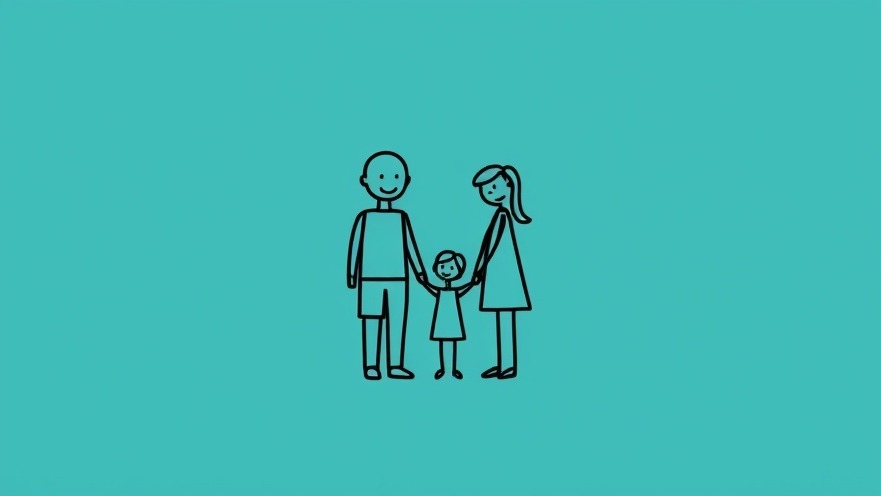
Understanding the Roots of Deception in Children
Lying is a behavior that often puzzles parents and caregivers. It can raise questions about integrity, trust, and the emotional development of children. Understanding why kids lie provides insights that can aid parents in fostering an environment that nurtures honesty and open communication.
Why Young Children Tell Tales
For kids under 10, lying often results from their developmental stage. These young children experience a rich imagination that frequently blurs the line between reality and fantasy. Dr. Kang Lee, a leading expert in child development, notes that many deceptions are simply “creative fabrications.” A child claiming to have seen a dragon in the yard showcases storytelling capabilities instead of a desire to deceive. Rather than maliciousness, these lies can reflect imagination and a budding ability to engage in narrative play.
In addition to creativity, young children may lie as a means to escape blame or gain approval. Research indicates that children as young as three can grasp the concept of information manipulation. For instance, a toddler denying responsibility for a spilled drink highlights their instinct to avoid punishment—indicative of developing cognitive skills, like recognizing cause and effect.
The Adolescent Phase: Lies Amidst Growing Pressures
As children transition into teenage years, their reasons for lying evolve. According to research from the American Psychological Association, teenagers often lie to assert their independence or guard their privacy. A teen may inform their parents they’re studying when really they’re at a party, highlighting an intrinsic desire for autonomy.
Social pressures amplify this behavior, as adolescents often feel the need to belong to peer groups or elevate their self-image. A study in Developmental Psychology found that exaggerating achievements or fabricating social encounters occurs when they desperately seek acceptance. More concerning is when lying is used as a coping mechanism to navigate deeper emotional struggles, such as anxiety or depression, as noted by Dr. Lisa Damour. These insights emphasize that underlying emotional states can heavily influence a teen's inclination to be untruthful.
The Influence of Environment on Honesty
The environment surrounding a child significantly shapes their propensity to lie. Homes where honesty is modeled and valued are likely to produce kids who hold those same values. Conversely, in punitive environments, deception may arise as a survival tactic, reinforcing the idea that honesty does not lead to favorable outcomes.
Creating a family atmosphere where open communication is encouraged empowers children to express themselves honestly. By understanding the underlying motivations for a child's deception, parents can respond empathetically rather than resorting to frustration or punishment.
Fostering Honest Communication
As parents, addressing the reasons behind lying can open avenues for conversation. For younger children, this might involve discussing the value of truth and encouraging storytelling in positive ways. For teenagers, it could mean leading discussions on independence and the pressures they face, creating a safe space for them to share their experiences without fear of reprimand.
Empowering kids to feel comfortable expressing themselves without the cover of lies fosters trust within the parent-child relationship. Research has shown that when children feel safe in expressing their truths, they are more likely to be honest in the long run.
Summary: Embracing the Journey of Honest Parenting
Navigating through the lies children tell can indeed feel daunting, but understanding the motivations behind this behavior can turn confusion into constructive conversations. Whether it’s managing imaginative tales from young children or addressing the social complexities of teenage deception, parents are equipped to foster environments of honesty, communication, and trust.
This journey into the psychology of lying in children is just the beginning. As parents, being mindful of how we engage in these crucial conversations can not only enrich our relationship with our kids, but also guide them towards meaningful and sincere interactions throughout their lives. Take the opportunity to reflect on how you approach these discussions and the importance of modeling truthfulness for your family.
 Add Row
Add Row  Add
Add 




Write A Comment